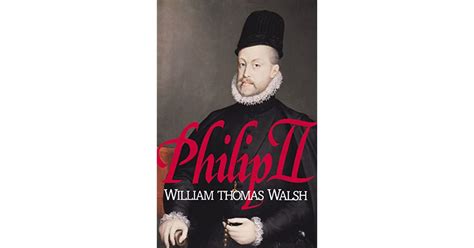A Quote by Laozi
It (Tao) is eternally without desire. So, it can be called small. All things return to it, although it does not make itself their ruler. So, it can be called great.
Related Quotes
The tao that can be told is not the eternal Tao The name that can be named is not the eternal Name. The unnamable is the eternally real. Naming is the origin of all particular things. Free from desire, you realize the mystery. Caught in desire, you see only the manifestations. Yet mystery and manifestations arise from the same source. This source is called darkness. Darkness within darkness. The gateway to all understanding.
The great Tao flows everywhere. All things are born from it, yet it doesn't create them. It pours itself into its work, yet it makes no claim. It nourishes infinite worlds, yet it doesn't hold on to them. Since it is merged with all things and hidden in their hearts, it can be called humble. Since all things vanish into it and it alone endures, it can be called great. It isn't aware of its greatness; thus it is truly great.
There was something formless and perfect before the universe was born. It is serene. Empty. Solitary. Unchanging. Infinite. Eternally present. It is the mother of the universe. For lack of a better name, I call it the Tao. It flows through all things, inside and outside, and returns to the origin of all things. The Tao is great. The universe is great. Earth is great. Man is great. These are the four great powers. Man follows the earth. Earth follows the universe. The universe follows the Tao. The Tao follows only itself.
The mind remains undetermined in the great Void. Here the highest knowledge is unbounded. That which gives things their thusness cannot be delimited by things. So when we speak of 'limits', we remain confined to limited things. The limit of the unlimited is called 'fullness.' The limitlessness of the limited is called 'emptiness.' Tao is the source of both. But it is itself neither fullness nor emptiness
Therefore, if a great kingdom humbles itself before a small kingdom, it shall make that small kingdom its prize. And if a small kingdom humbles itself before a great kingdom, it shall win over that great kingdom. Thus the one humbles itself in order to attain, the other attains because it is humble. If the great kingdom has no further desire than to bring men together and to nourish them, the small kingdom will have no further desire than to enter the service of the other. But in order that both may have their desire, the great one must learn humility.
The Tao never does anything, yet through it all things are done. If powerful men and women could venter themselves in it, the whole world would be transformed by itself, in its natural rhythms. People would be content with their simple, everyday lives, in harmony, and free of desire. When there is no desire, all things are at peace.
What is God-given is called nature; to follow nature is called Tao (the Way); to cultivate the way is called culture. Before joy, anger, sadness and happiness are expressed, they are called the inner self; when they are expressed to the proper degree, they are called harmony. The inner self is the correct foundation of the world, and the harmony is the illustrious Way. When a man has achieved the inner self and harmony, the heaven and earth are orderly and the myriad of things are nourished and grow thereby.
Every being in the universe is an expression of the Tao. It springs into existence, unconscious, perfect, free, takes on a physical body, lets circumstances complete it. That is why every being spontaneously honors the Tao. The Tao gives birth to all beings, nourishes them, maintains them, cares for them, comforts them, protects them, takes them back to itself, creating without possessing, acting without expecting, guiding without interfering. That is why love of the Tao is in the very nature of things.































